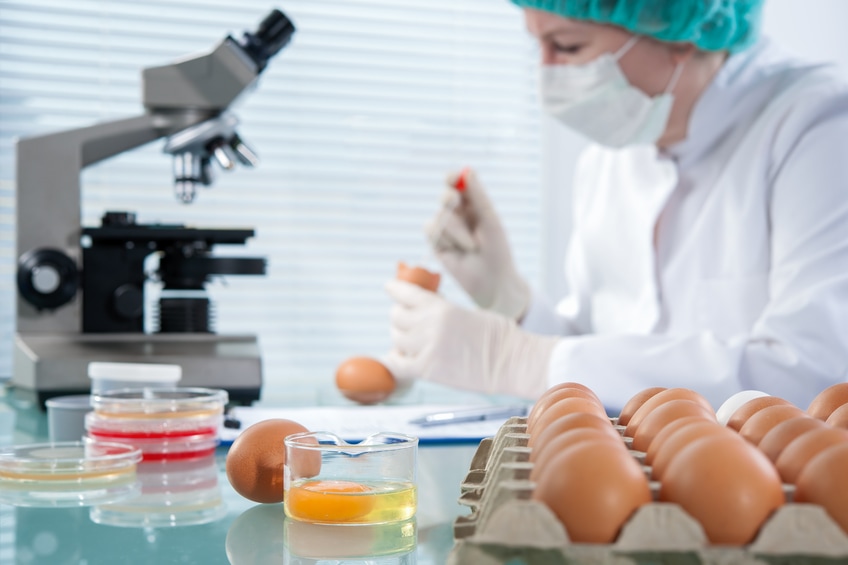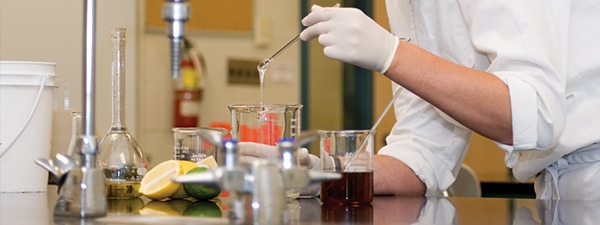 Bachelor of Science in Food Technology (BSFT) is a four year degree program which deals with the scientific preparation, processing and distribution of foods. It is also concerned with the improvement of food products’ flavor, appearance, storage qualities as well as in the control of quality changes during processing, marketing and distribution. The BSFT program is designed to provide students with knowledge in the foundations of food technology associated with raw food materials and production management as well as food science. Students are also taught on how to create food products, ingredients and processing equipment. Although students of the BSFT program are taught basic cooking and food preparation skills, it is not a culinary course. Subjects and Curriculum The subjects in the BSFT curriculum are divided into four main categories:
The BSFT program is taught to students through classroom lectures, laboratory exercises and hands on practicum. Students are also required to complete an On the Job Training (OJT) and an undergraduate thesis related to food and food production. Is Food Technology a profession? Food Technology is a profession. The responsibilities of a Food Technologist include:
What are the admission requirements for the BS in Food Technology program? Requirements at each school may differ, but these are the common requirements:
What skills, traits and attitude will help you succeed in this course?
How difficult is BS in Food Technology? BS in Food Technology is a fairly difficult. There are subjects that are easy and there are those that are difficult, for example a few chemistry subjects. Students of the BSFT program spend most of their time learning lessons in the classroom, while being exposed in the laboratory doing hands on exercises. This type of teaching method may be difficult for some students because it greatly increases school workload in a way that they will be studying two lessons at a time; lessons taught in lectures which cover most of the examinations and lessons and procedures taught in the laboratory which are part of the hands on examinations. How long does it take to complete the BSFT program in the Philippines? The BSFT program takes four years to complete. The program may be completed in less than 4 years in schools that follow the trimestral curriculum. On the Job Training (OJT) A student of the BSFT program is required to attend an on the job training (OJT) in a food industry company or institution. During the OJT, students are given the opportunity to apply their knowledge and practice their skills in actual settings. The on the job training program is done under the supervision of a faculty member as well as a designated authority in the company. The number of hours required for the OJT is 300 hours. Career opportunities for BS in Food Technology graduates
Apply Now |
AuthorArchives
December 2017
Categories
All
|

 RSS Feed
RSS Feed
